Experts decry American Media’s selective amnesia on sedition while raising false alarms on the health of democracy in India.
In its recent editorial, the Washington Post questions if India deserves to be called a Democracy because Indian government arrested an Activist.
In comments made to PBNS, various experts questioned if the benchmark of being a Democracy had become so low that the mere arrest of an Activist in an ongoing investigation on a matter concerning national interest can be characterized with exaggerations as “Death of a Democracy”.
Further elucidating on this kind of mischaracterisation, the experts echoed recent remarks by celebrated Amish Tripathi, on how global media fail to understand Indian Democracy on account of its wide socio-cultural complexity and linguistic diversity. It was also pointed out by the experts to PBNS that it was because of the institutional checks and balances within the Indian Democracy that the concerned Activist also got bail by an Indian court after 10 days.
The alacrity and frequency with which global media outlets like the New York Time, Washington Post and the Time Magazine write the obituary of Indian Democracy according to experts has less to do with objective reporting on India and more to do with the malaise of click-bait journalism that enables these media outlets to tap into the largest and fastest growing digital news market thanks to the English speaking population in India.
Former Indian Foreign Secretary Kanwal Sibal agrees with these views against these global media outlets, owing it to the degradation of standard of journalism, “They are becoming instruments of some very averse propaganda against India.” Sibal adds another reason for such “false outrage” against India by these global media outlets, “These places are infested with people who wish ill to India because they just can’t tolerate the idea that India should come into its own, India should rise, India should become strong, India should become united, India should have self-esteem and become a powerful actor in the world.”
According to experts, the “death of Indian Democracy” claims fly in the face of similar crackdowns on activists in the United States in recent years. The case of Edward Snowden who exposed US intelligence’s mass surveillance program is cited by these experts to highlight the selective amnesia of global media. On September 2, 2020, a US federal court ruled that the US intelligence’s mass surveillance program, exposed by Edward Snowden, was illegal and possibly unconstitutional. They also cited that the US intelligence leaders, who publicly defended it, were not telling the truth.
In November 2016, then-outgoing President Obama told the German broadcaster ARD and the German paper Der Spiegel that he “can’t” pardon Edward Snowden unless he is physically submitted to US authorities on US soil. Observers interpreted “can’t” as “won’t”, as there is no such restriction specified in the US constitution.
Earlier in July 2013, responding to outrage by European leaders, President Obama said that all nations collect intelligence, including those expressing outrage. This was in response to German magazine Der Spiegel’s article.
A month later in August 2013, President Obama rejected the suggestion that Snowden was a patriot. Later that year in November, on Snowden, Obama said, “The benefit of the debate he generated was not worth the damage done, because there was another way of doing it.”
In 2014, then President Obama said, “Our nation’s defense depends in part on the fidelity of those entrusted with our nation’s secrets. If any individual who objects to government policy can take it into their own hands to publicly disclose classified information, then we will not be able to keep our people safe, or conduct foreign policy.” He objected to the “sensational” way the leaks were reported, saying the reporting often “shed more heat than light.” He went on to assert that the disclosures had revealed “methods to our adversaries that


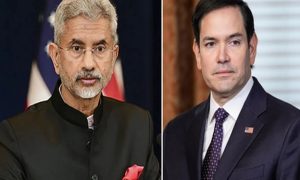

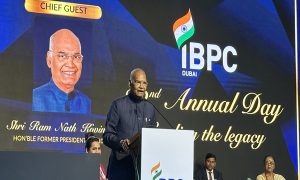

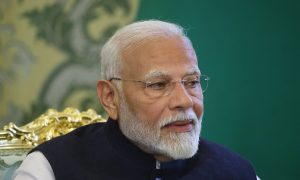

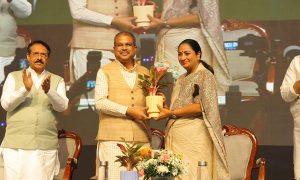

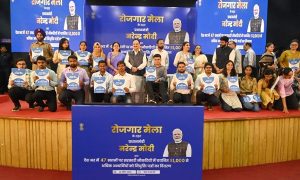

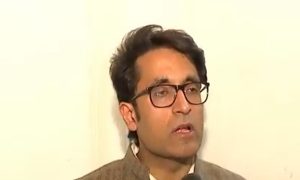

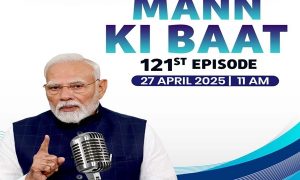

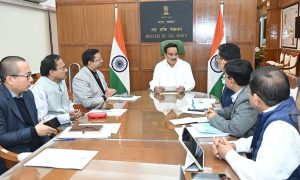



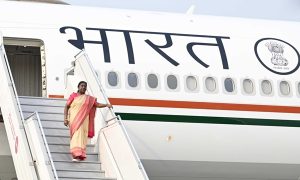

 WhatsApp us
WhatsApp us